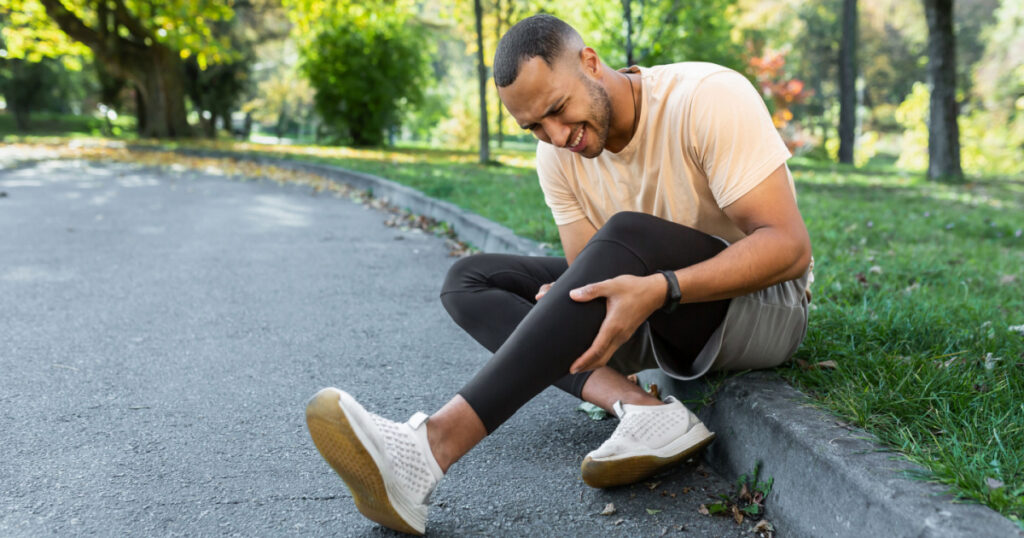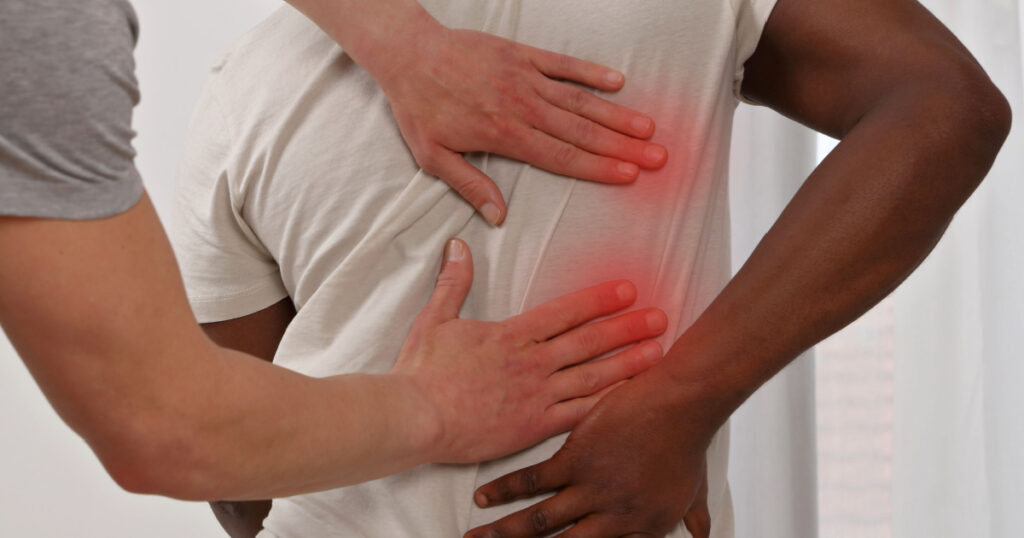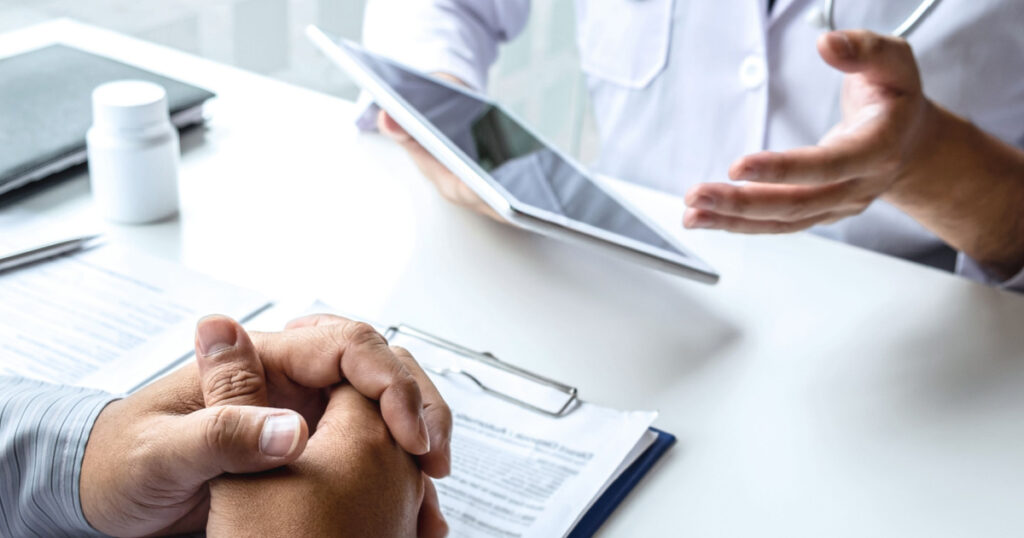Have you ever been startled awake in the dead of night by a sharp, agonizing pain in your leg that leaves you gasping for relief?
You’re certainly not alone. Nighttime leg cramps, also known as nocturnal leg cramps, have a way of striking when we least expect it—usually when we’re trying to rest. These sudden muscle spasms are more than just painful;
they can severely disrupt your sleep and leave you feeling drained and irritated the next day. But what exactly causes these intense cramps, and why do they seem to hit hardest at night?
In this article, we’ll explore the causes of nighttime leg cramps, highlight some surprising triggers, and offer practical solutions to both prevent and ease these frustrating episodes.
Understanding Leg Cramps

Muscle cramps are involuntary and sudden contractions of one or more muscles, often resulting in intense discomfort. While cramps can occur in different muscle groups, the legs—particularly the calves—are one of the most common areas affected.
These episodes can vary widely in intensity and duration, lasting anywhere from a few seconds to several minutes. They often strike without warning during sleep, jolting you awake with a painful spasm. The key to managing leg cramps lies in identifying what might be causing them.
What Causes Leg Cramps at Night?
Waking up to a leg cramp can be one of the most painful and disruptive ways to lose sleep. Whether these cramps happen occasionally or are a regular nighttime occurrence, understanding what might be triggering them is the first step toward prevention. Common causes include:
1. Dehydration

Inadequate fluid intake can disturb the balance of electrolytes in the body, which in turn may provoke muscle cramping during sleep.
2. Deficiencies in Essential Minerals

Low levels of minerals such as magnesium, potassium, and calcium can interfere with normal muscle function and increase the risk of cramps.
3. Physical Overexertion

Pushing your muscles too hard during exercise or physical activity can lead to fatigue and nighttime cramping as the muscles recover.
4. Poor Body Mechanics

Maintaining improper posture for extended periods—whether sitting or standing—can strain leg muscles and contribute to cramping later.
5. Nerve Compression

Conditions such as herniated discs or sciatica can compress nerves in the spine or legs, causing cramp-like sensations.
6. Pregnancy

Expectant mothers often experience leg cramps due to additional pressure on blood vessels, fluid shifts, and hormonal changes.
7. Side Effects from Medications

Certain drugs, including diuretics, statins, and some antipsychotics, are known to list muscle cramps as a potential side effect.
8. Alcohol Consumption

Excessive drinking can dehydrate the body and lead to mineral depletion, both of which heighten the risk of muscle cramping.
9. Underlying Medical Conditions

Diseases such as diabetes, thyroid disorders, peripheral artery disease, or chronic kidney problems can all contribute to frequent leg cramps.
10. Aging

As people get older, muscle mass naturally declines, and circulation often decreases, making leg cramps more likely in older adults.
Common Approaches to Relief
Treating leg cramps typically begins with strategies aimed at immediate relief, as well as preventative techniques for the long term.
Stretch and Massage: Gentle stretching or massaging of the cramped muscle can relax it and alleviate pain.
Apply Heat or Cold: Warm compresses or baths can increase circulation and ease muscle tension. Conversely, cold packs may help numb the pain and reduce any inflammation.
Over-the-Counter Pain Relievers: Non-prescription medications such as acetaminophen or ibuprofen can reduce discomfort if the cramp lingers.
Stay Hydrated: Drinking enough fluids helps your muscles function properly and prevents imbalances that lead to cramping.
Exercise Regularly: Engaging in consistent physical activity, including stretching routines, can build muscle strength and flexibility, which may decrease cramp frequency.
Prescription Medications: For those with severe or chronic cramps, a healthcare provider might prescribe muscle relaxants or medications targeting the root cause.
Natural Remedies and Supplement Options
In addition to conventional methods, various natural treatments and supplements can help mitigate or prevent cramps:
Boost Magnesium Levels: A lack of magnesium is often linked to muscle cramping. Eating foods rich in magnesium—such as nuts, leafy greens, seeds, and bananas—or taking magnesium supplements can help restore balance.
Routine Stretching and Massage: Making it a habit to stretch and lightly massage your legs before bed can improve muscle relaxation and reduce nighttime cramps.
Keep Moving: Physical activities like walking or gentle cycling support blood flow and reduce stiffness in leg muscles.
Warm-Up and Cool-Down Exercises: Properly preparing your muscles before and after exercise minimizes the chance of overuse and cramping.
Modify Sleep Position: Try sleeping with pillows to elevate your legs or adjust your posture to avoid putting stress on your muscles overnight.
Try Essential Oils: Oils like lavender and peppermint have soothing properties and may help when gently massaged into cramp-prone areas.
Before adding supplements or new treatments to your routine, especially if you’re dealing with chronic health conditions or taking medication, it’s important to consult with a medical professional.
Final Thoughts
Nighttime leg cramps are more than just a nuisance—they can significantly impact your sleep and overall well-being. The good news is that with a better understanding of their causes and the right combination of lifestyle changes, remedies, and medical support, you can minimize both the frequency and intensity of these painful episodes.
From staying hydrated and addressing mineral imbalances to practicing good posture and using natural therapies, managing leg cramps is entirely possible. With consistent effort, you can look forward to more restful nights and less painful awakenings.
